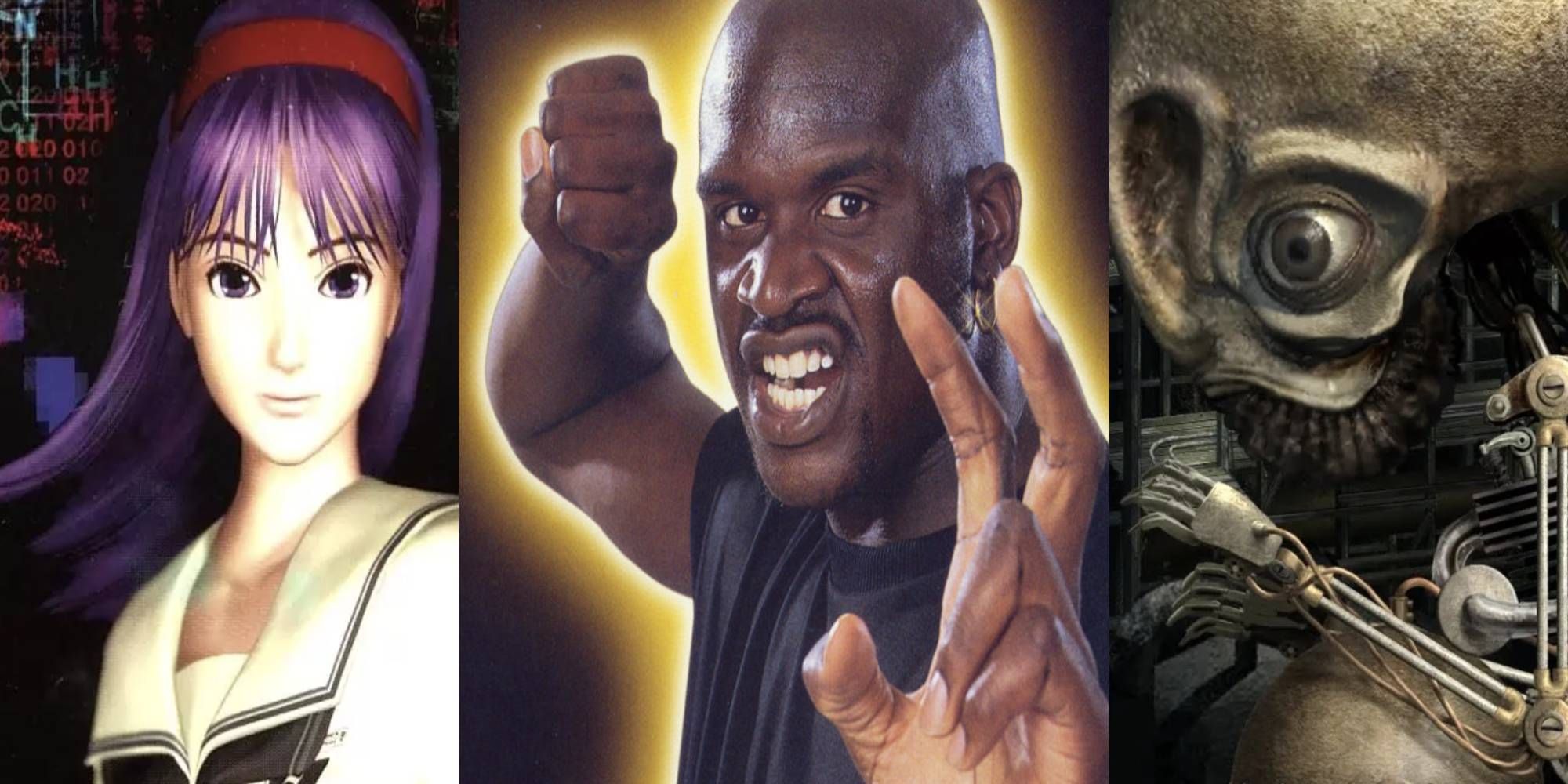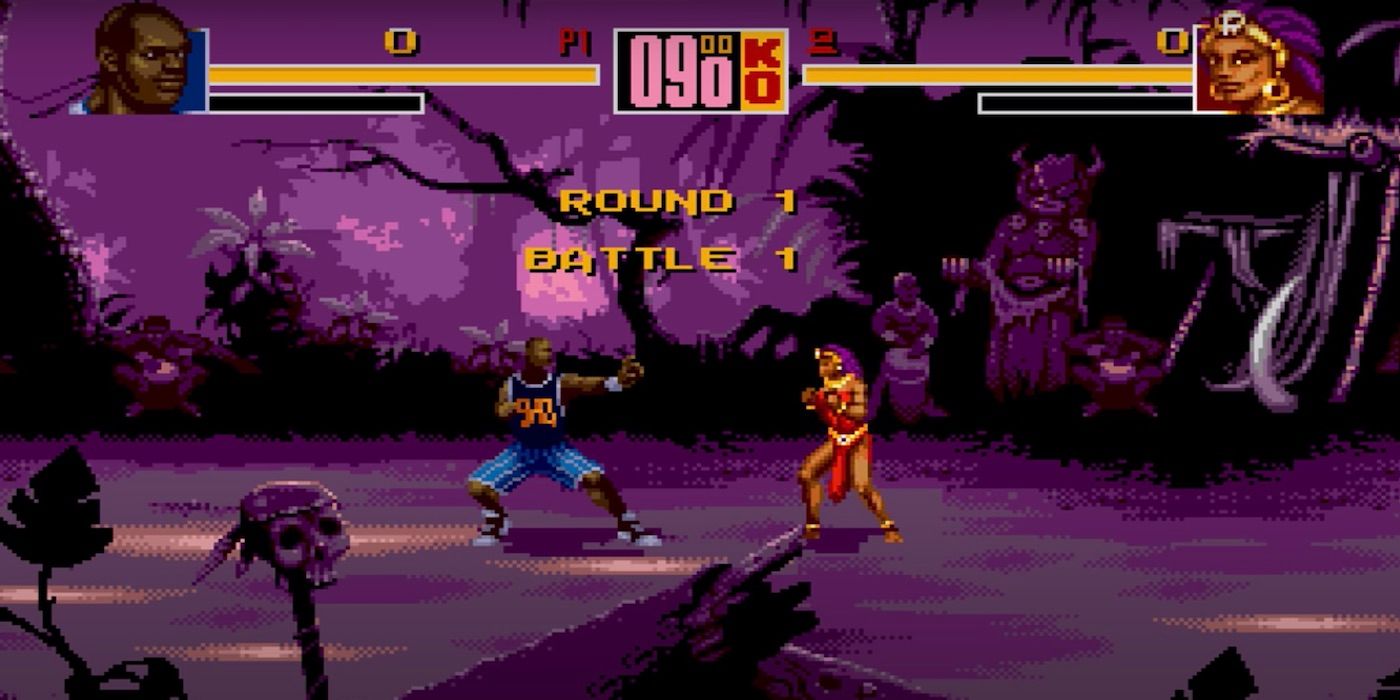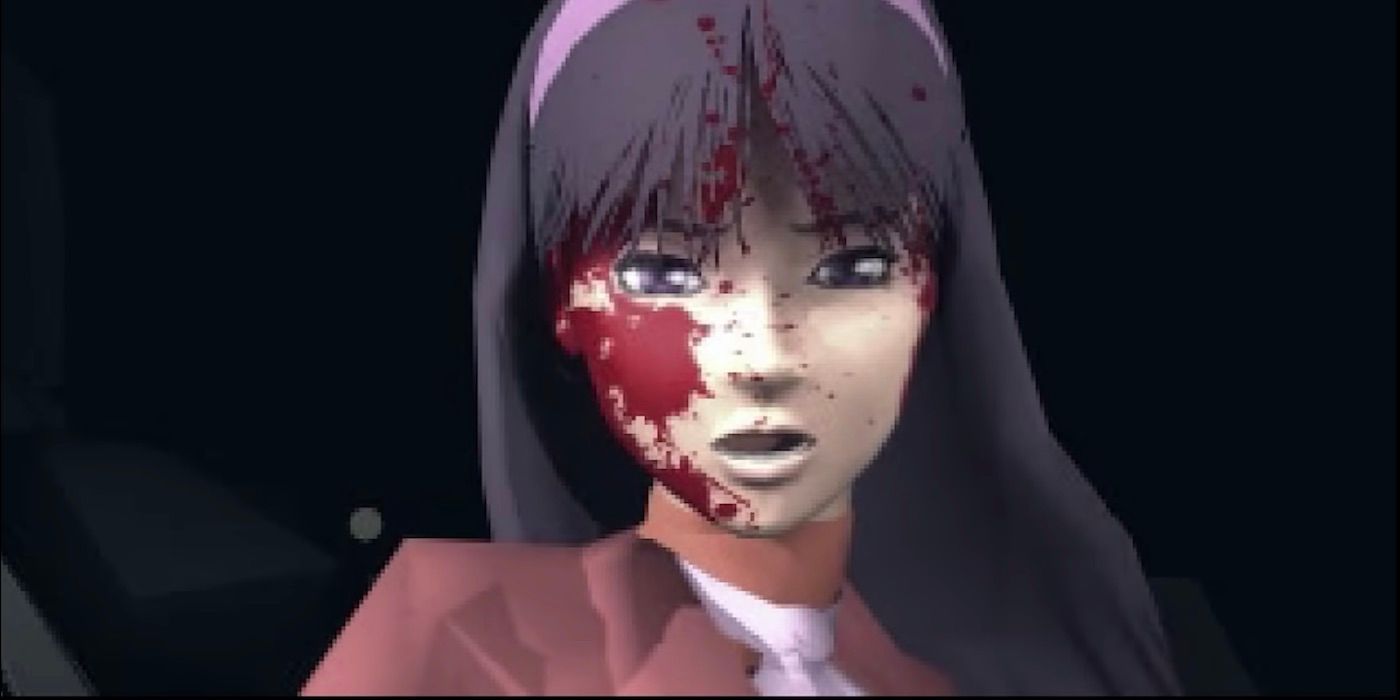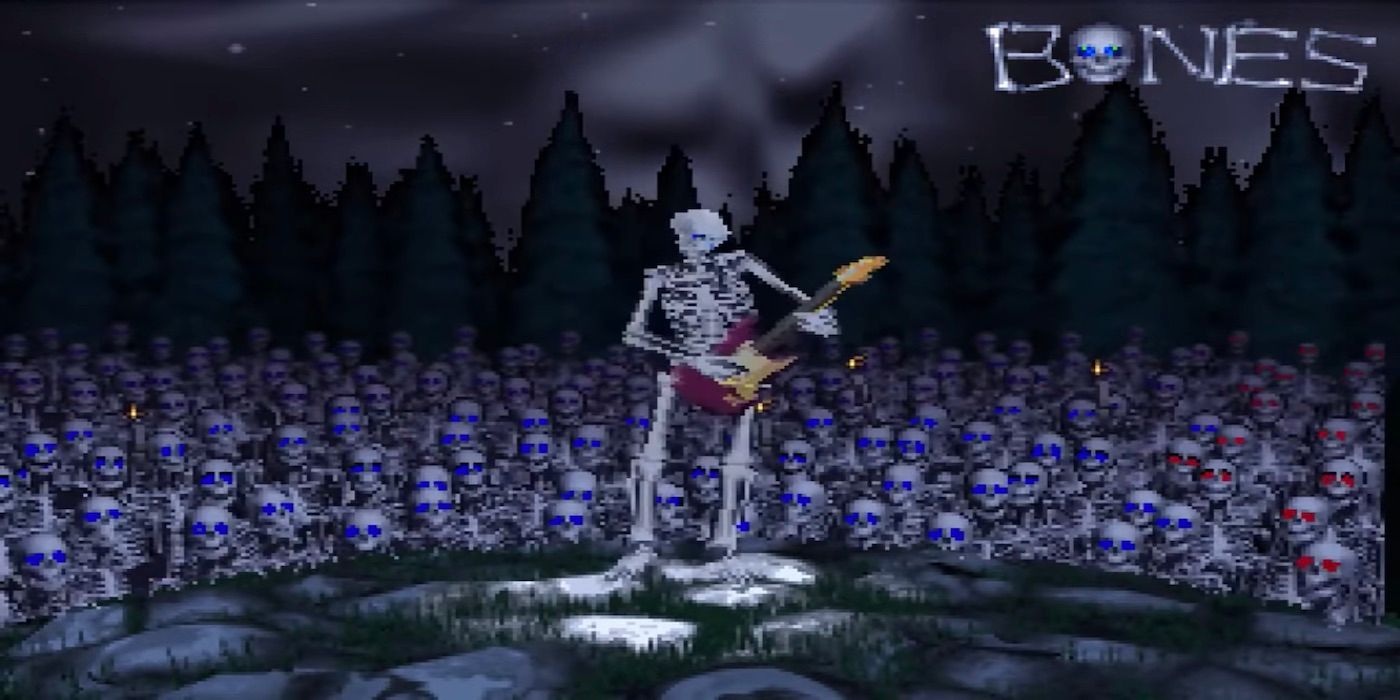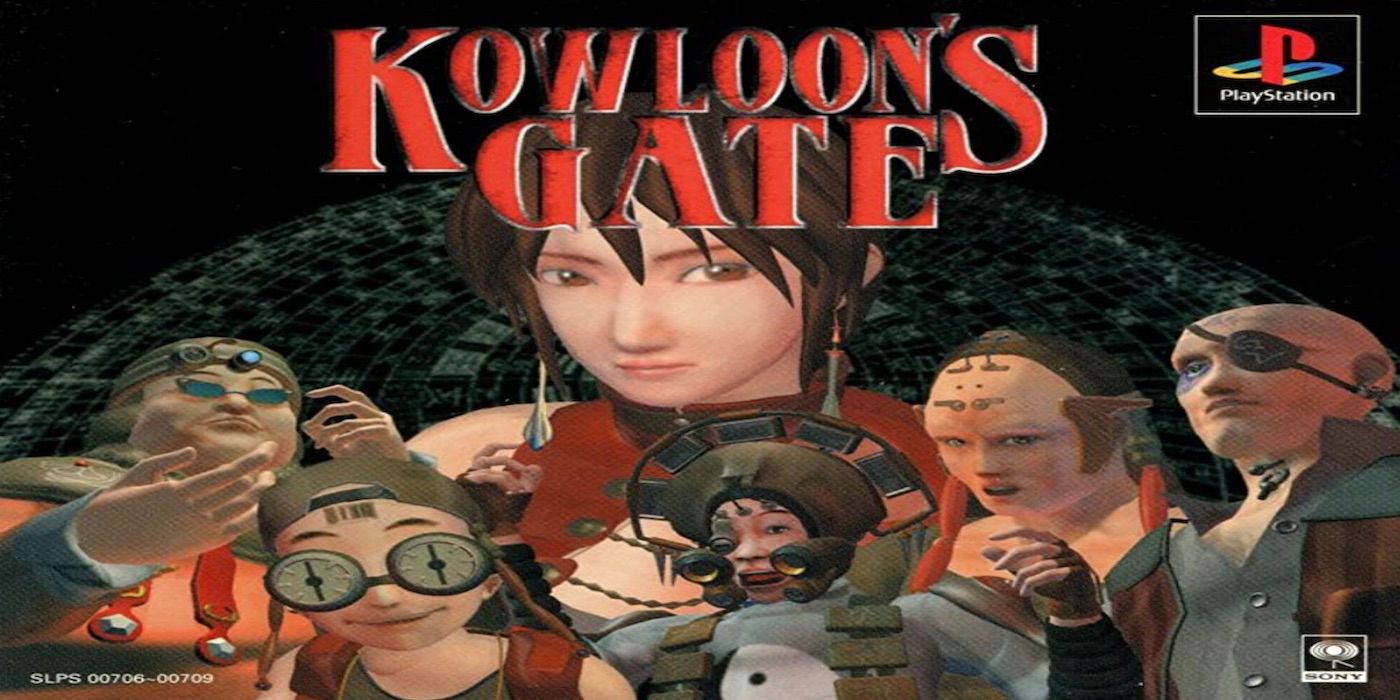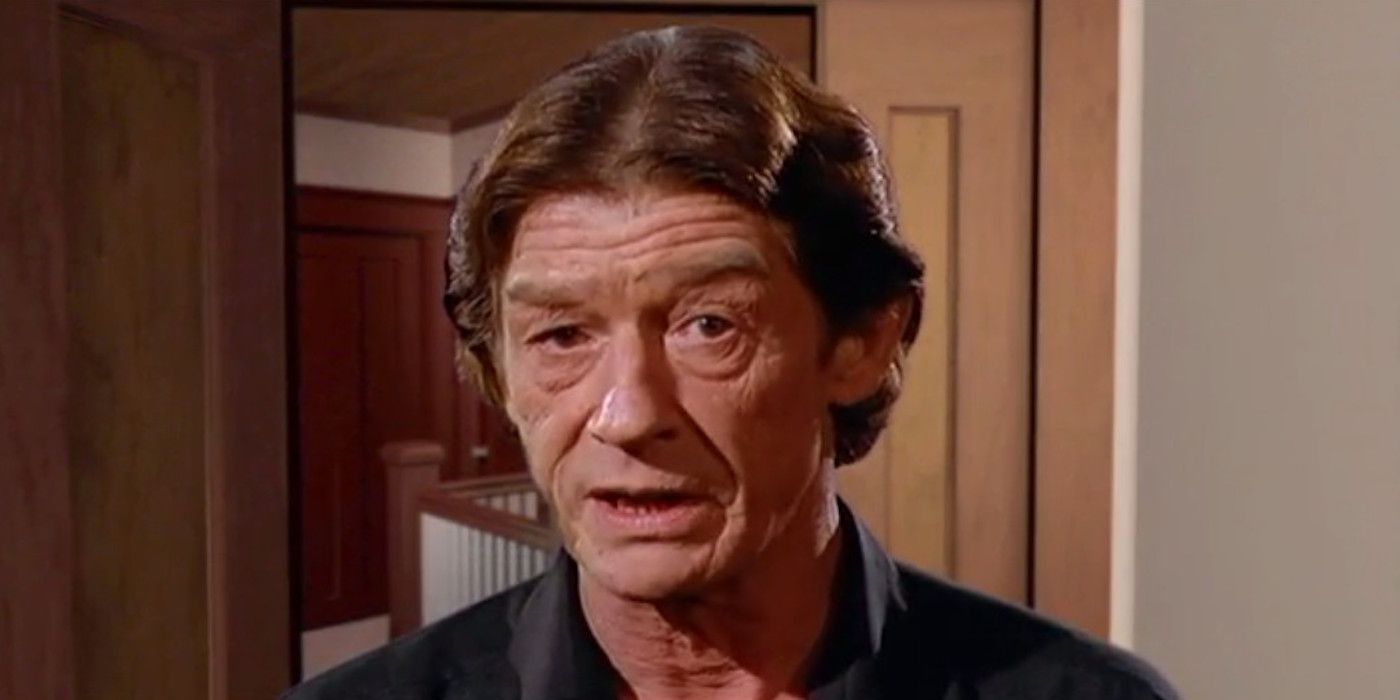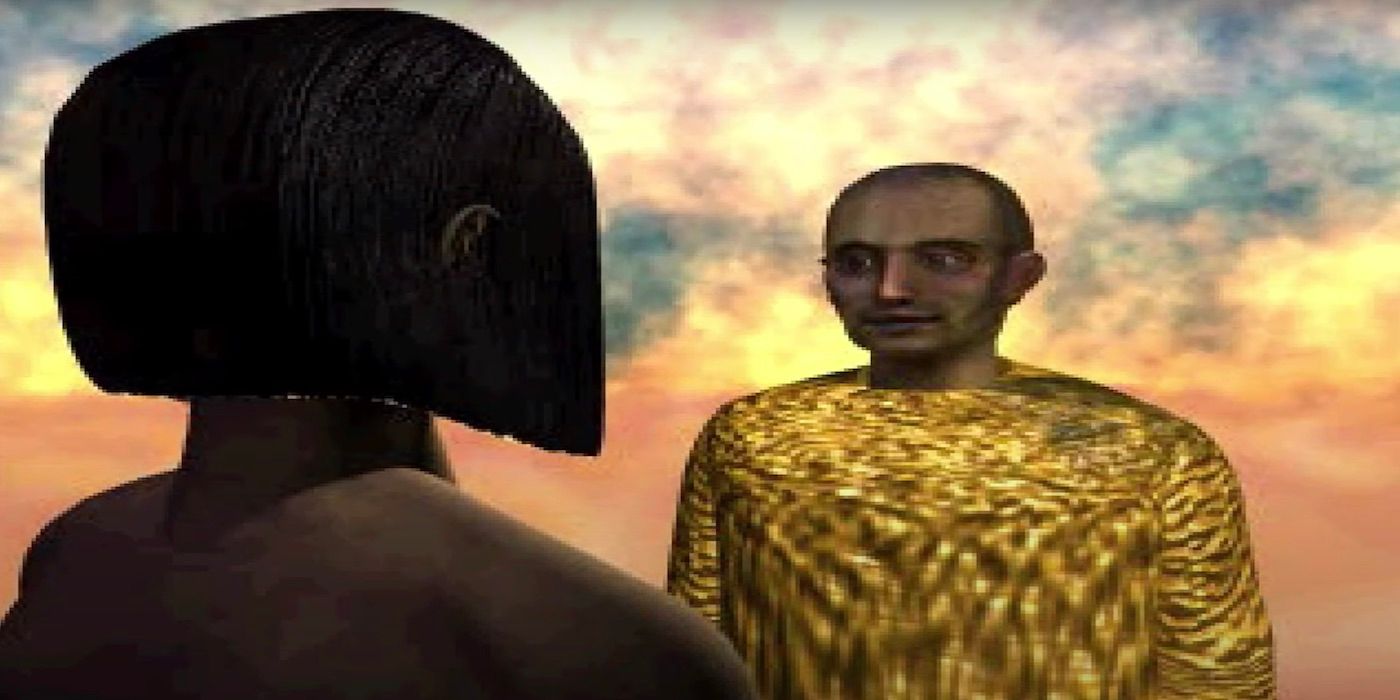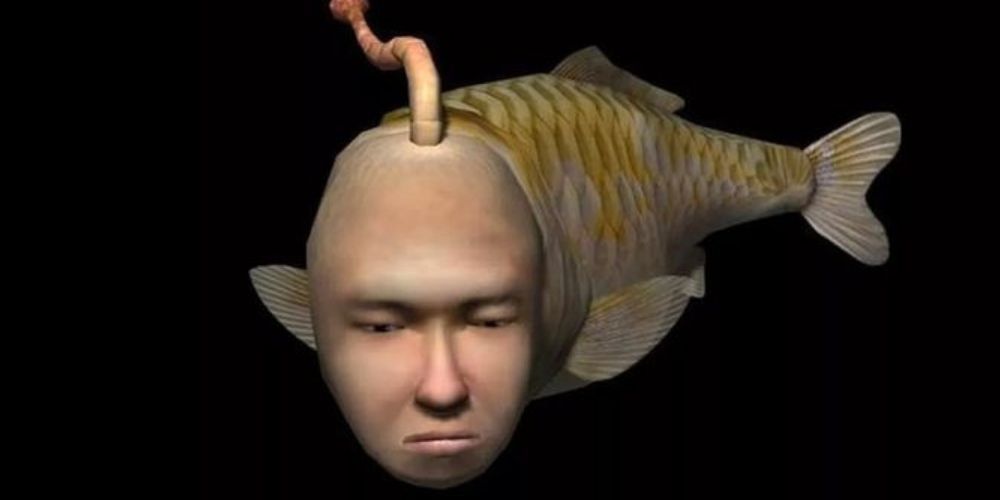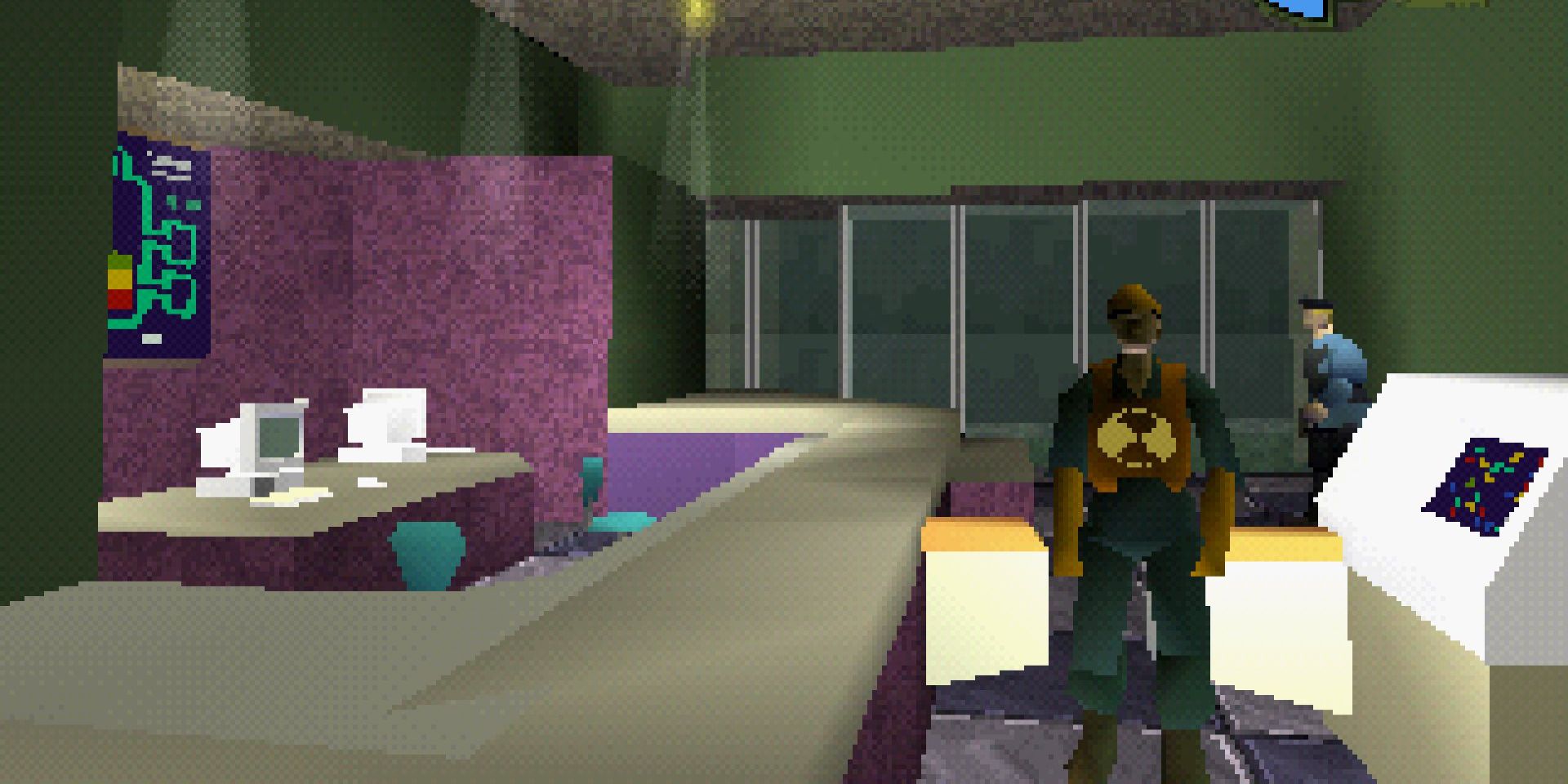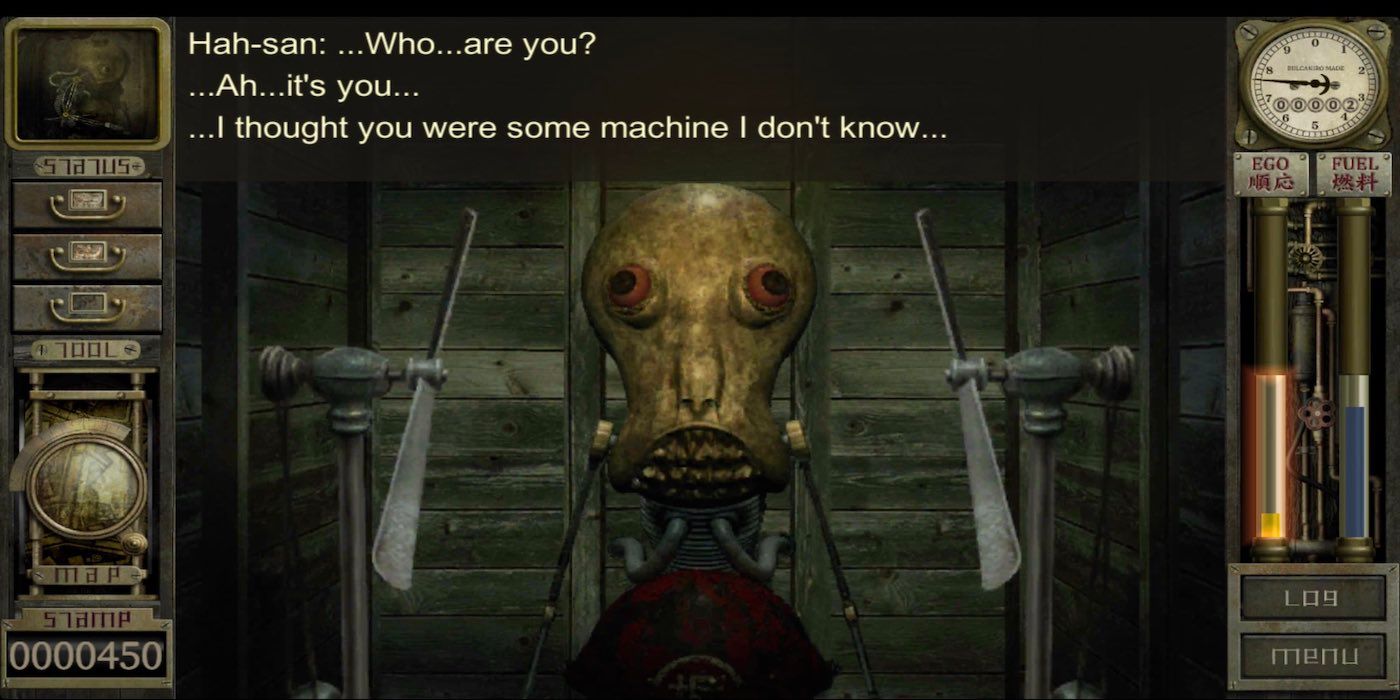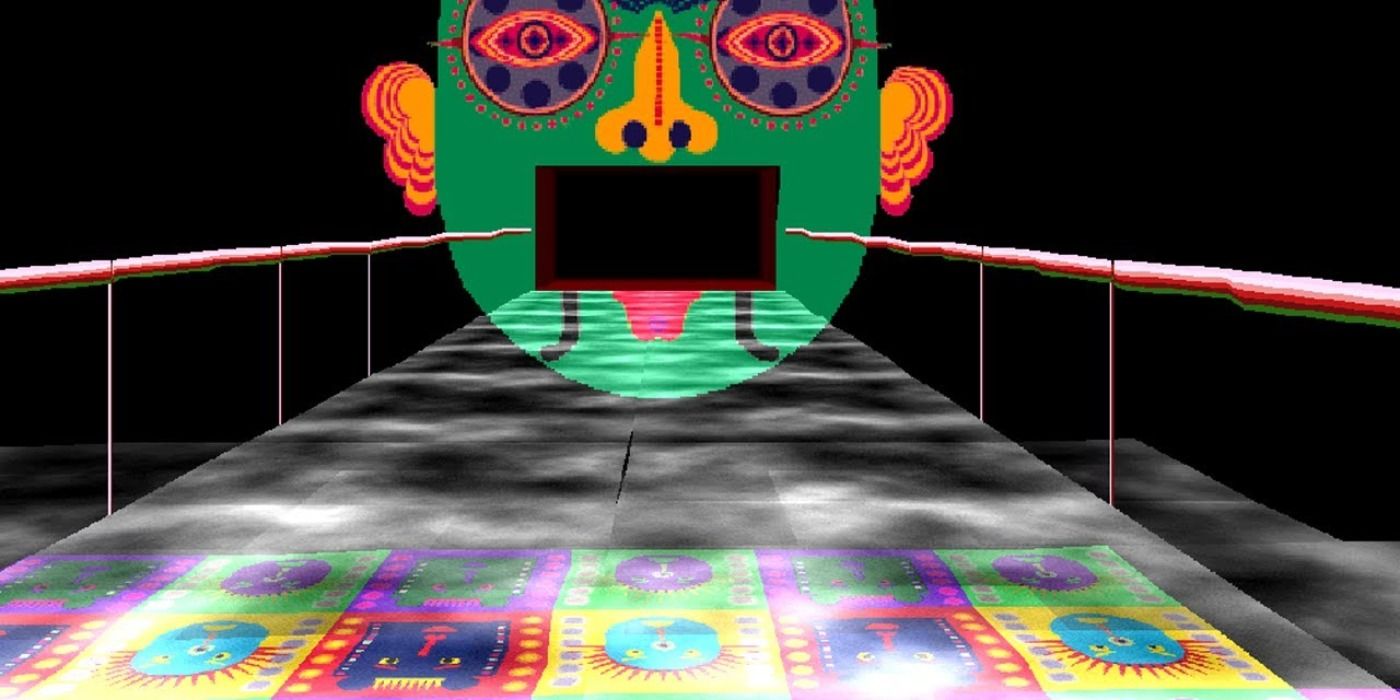After 30 years, someone has finally managed to finish 1991's Sonic the Hedgehog in under nine minutes, proving that '90s games endure in popularity, even after all this time. With the transition to 3D graphics and the introduction of revolutionary franchises such as DOOM, Sonic the Hedgehog, Resident Evil, and more, the '90s was an interesting time for video games. The Entertainment Software Ratings Board (ESRB) had only just been established in 1994 after 1993 congressional hearings concerning games such as Mortal Combat and Night Trap.
Because the '90s was a turning-point in video game history, it's not surprising that plenty of weird games were released during that decade. Titles like the PS1 Germs proved that the industry would soon enter a new era.
Shaq Fu (1994)
Often considered one of the worst fighting games ever made, Shaq Fu is a 1994 2D fighting game released that stars former basketball player Shaquille O'Neal. In the game, Shaq is walking to a charity basketball match in Tokyo, Japan, when he decides to stop at a small dojo. Inside, he meets the martial arts master Leotsu, who claims he's the chosen one and immediately sends Shaq to another dimension so he can save a boy named Nezu from the evil Sett Ra.
Despite the game's infamy as a sluggish fighting game, the game received a 2018 crowdfunded sequel titled Shaq Fu: A Legend Reborn. Along with Shaq Fu, plenty of other bizarre licensed games were released during the '90s, which includes other basketball titles like Slam City with Scottie Pippen and Michael Jordan: Chaos in the Windy City. Outside of basketball, there were games like Pepsiman and Michael Jackson's Moonwalker.
Athena: Awakening From The Ordinary Life (1999)
While the popular SNK character, Athena Asamiya, is best known for her reoccurring role in The King of Fighters (KOF) franchise, she has starred in multiple other SNK games. Besides her introduction in 1987 arcade platformer, Psycho Soldier, which is a sequel to the 1986 game Athena that centered around her ancestor, she also had her own science fiction horror adventure game on the PS1 titled Athena: Awakening from the Ordinary Life.
In this Japan-only title, Athena is a seemingly ordinary 16-year-old high school student until she discovers that she has psychic powers. While dealing with weird clowns, evil corporations, real dinosaurs, and aliens, Athena must solve puzzles, rescue her friend Rika, and work with another KOF character Sie Kensou.
Mr. Bones (1996)
Created by Ed Annunziata, who is best known for the Ecco the Dolphin series, Mr. Bones is a 1996 Sega Saturn game that's famous for changing genres almost every level. In order to "purify the world with evil," an evil magician uses drums to reanimate an army of skeletons. But, since the main character, Mr. Bones, has a pure heart, he is reanimated along with his free will.
While avoiding the legions of the undead, Mr. Bones must find a way to stop the magician's plans and save the world. With every level having different gameplay mechanics and the bizarre mixture of FMV and CGI elements in cutscenes, Mr. Bones is one of the many unique titles on the Saturn such as the 1996 game Lunacy.
Kowloon's Gate (1997)
One of the many interesting Japan-only horror games is the 1997 PS1 adventure game Kowloon's Gate. Taking place after the real-life Kowloon Walled City, which was an enclave in Hong Kong, was demolished, this game has the city revived from the realm of Yin back to the living world of Yang. To restore the balance between Yin and Yang, the protagonist, a Super Feng Shui Practitioner, must explore the city and awaken the Four Symbols.
Between surreal Myst-like exploration sections and first-person dungeon crawling sections, this game provides a unique experience that became a cult-classic in Japan. Although there's a VR remake with an official English translation, it lacks some of the uneasiness the original is known for.
Tender Loving Care (1998)
While there were plenty of memorable FMV games from the '90s, such as Roberta Williams' adventure horror game Phantasmagoria, one of the most bizarre examples is the 1998 psychological thriller, Tender Loving Care. Starring the famous English actor John Hurt as Dr. Turner, the game follows a husband, Michael, and his wife, Allison, who have been traumatized by the death of their daughter.
Since Allison refuses to believe that their child died and lives in a trance-like state, Michael reaches out to the local psychologist, Dr. Turner, for help. When Dr. Turner sends Katherine Randolph to work as a live-in nurse, her unorthodox methods quickly cause the problems to spiral out of control. Depending on how the player responds to in-game "psychological tests," the game will "evaluate" the player and give them one of several weird endings.
Sentient (1997)
Created by British video game developer Psygnosis, who also created the Lemmings, WipeOut, and Formula One franchises, Sentient is a 1997 surreal science fiction adventure game released for both PC and PS1. Because an outbreak of radiation sickness has swept through Space Station Icarus, which is situated next to a star, the protagonist, a medic named Garritt Sherova, is arriving at the station with other medical staff to investigate and treat the illness.
But, it turns out the radiation sickness is the least of the station's problems. There's a serial killer on board, the station is soon going to crash into the star, and most of the medical staff was killed while trying to dock at the station due to hitting a solar flare. Depending on the player's choices, they'll achieve one of nine different endings. Also, one of the game's difficulty sliders is literally titled "Respect for Player," which is hilarious.
Seaman (1999)
Created by Yoot Saito, who also developed SimTower, Seaman is a 1999 virtual pet game released for the Sega Dreamcast. In this game, players must take care of strange fish with human faces called "Seaman." Guided by a narrator, who is voiced by Leonard Nimoy, players feed the Seaman and talk to them using the Dreamcast microphone, and the fish slowly develops in real time.
Once the Seaman is old enough, they can hold conversations with the player. The goal is to make sure the Seaman survives until they reach their final stage of maturity and become a Frogman, which the player then releases into the wild. In Japan, this game won awards, had merchandise, received several remasters, and had a sequel.
Germs: Nerawareta Machi (1999)
While the 1999 Shenmue is often called the first open-world game, there were other open-world games, such as the 1998 Mizzurna Falls, the came out before or even at the same time as Shenmue. One of these is the 1999 PS1 surreal science fiction David Cronenberg-esque game Germs: Nerawareta Machi, which was only released in Japan.
In this game, players control a journalist who has returned to their hometown to investigate rumors about strange creatures. As they explore the large city, the player talks to NPCs, searches for clues, and fights the strangely mutilated-looking monsters. Even if the monsters "kill" them, however, the player simply respawns as one of the monsters in their martian-like base.
Garage: Bad Dream Adventure (1999)
Designed by Japanese surrealist Tomomi Yuki Sakuba, Garage: Bad Dream Adventure is a 1999 horror adventure game released for Windows and Mac PCs. Considered a piece of lost media for years, the game was rediscovered by users on 4chan, according to Hardcoregaming101. Since then, the game was preserved online, and an official English version was finally released for iOS and Android devices in December of 2021.
After a strange intro sequence where the main character states to a disembodied voice that they want their sneakers, the main character wakes up and discovers that they are now a biomechanical robot. They must now explore the nightmarish world of "Garage" and find their "shadow" in order to escape.
LSD: Dream Emulator (1998)
One of the most famous weird games from the '90s is the 1998 PS1 surreal exploration game LSD: Dream Emulator. Created by Japanese artist Osamu Sato, the game was based on a dream diary kept by one of the employees on the team. Like Sato's previous 1994 surreal game Eastern Mind: The Lost Souls of Tong Nou, this obscure title became more known after YouTubers made Let's Play videos about it.
During the game, players simply explore a dream world by walking around and witnessing events. If the player touches anything, they will be transported to a random location.

